Fri 24 Jan 2014 by Philip Woodcock
How can windfarm operators achieve reductions in cost and risk while ensuring a sustainable supply of crewboat
operators? This is a question often discussed at conferences and around boardroom tables.
For the procurement teams at utilities who are tasked with sourcing windfarm support vessels (WFSVs) for a windfarm
their main objective is to obtain the best vessels for the lowest cost and least risk to the utility. This can be attained by
concentrating on cost and risk alone or through use of the ‘carrot and stick’ approach in efforts to achieve savings over
the life of the project.
As WFSVs work longer and harder in more extreme conditions than ever before, wear and tear on the equipment is
increasing. A breakdown costs a vessel operator heavily, in repairs and lost revenue. However, the potential costs to the
charterer are much higher, as technicians may be suddenly left idle but still require payment; turbines may be off-line,
impacting on revenue generation; or, in the worst scenario, vessels such as a cable-lay spread are prevented from
working.
One way to reduce overall costs and project risk is to ensure that maintenance days are retained in vessel contracts.
Another is to choose vessel operators who can demonstrate experience in delivering reliability through planned
preventative maintenance.
Although the elimination of the standard contractual clause of ‘knock for knock’ may seem attractive initially as a means
of reducing risk to the charterer, it might in the long term have an adverse effect. While the prudent vessel operator will
offset this risk though additional insurance, which will increase the vessel day-rate and reduce the commercial advantage,
others may gamble to obtain the contract and hope an incident does not occur.
The downside of choosing the latter approach is that a WFSV operator, if not adequately insured for the liability of
damaging a turbine, will not be able to sustain such a claim and will go bankrupt, leaving the charterer with the additional
problem and no vessel supplier.
The modern WFSV is larger, more comfortable and certified to a higher standard than its predecessors, but is far more
expensive. To encourage investment in high-performing vessels, the charterer has two options in the contract to ensure
sustainability.
Firstly, by awarding contracts with sufficient lead time to allow an operator to build a vessel that meets the specific
requirements of a contract, the charterer ensures that the operator is not bearing the full risk of speculating on vessels in
the hopes of a contract. Coupled to this forward planning, contract periods of reasonable length without inequitable
cancellation clauses allow operators to obtain financing on good commercial terms. This ensures that capital is available
for sustained growth and investment in operational quality.
Secondly, the charterer can use vessel performance objectives to encourage continued development and innovation.
Through the use of moderate performance criteria set into the contract, the charterer can reward over-achievement, but ask the vessel operator to share in the risk of underperformance.
The same methodology also applies to asking operators to share the burden of weather downtime, by rewarding them for
the higher wear and tear experienced during sustained periods of good weather, such as was experienced in Europe in the
summer of 2013. The drafting of performance clauses needs to be done in such a way that it ensures that the operator
does not push the crew too hard, and in an unsafe manner, to achieve higher rewards.
Windfarm owners could achieve their objectives of reducing the cost of energy and business risk in contracting WFSVs
by pushing for lowest vessel day-rates and transference of all risk to the operator. Or they can work with the supply chain
to reduce costs and risks over the entire length of the contract, supporting quality operations and innovation but not
tolerating unprofessional performance.
By approaching vessel contracting in a sustainable manner, a charterer can ensure that they are supported by high quality
partners who are able to stand alongside them even when the weather gets rough. OWJ
*Philip Woodcock is operations manager/QHSE/marine manager at Workships Contractors in the Netherlands



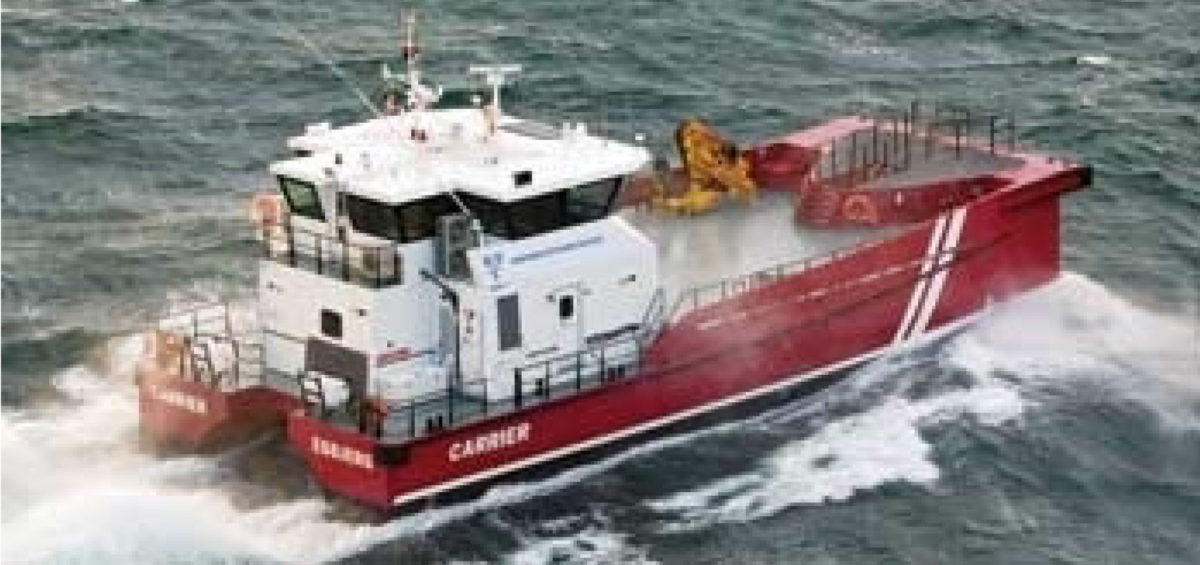
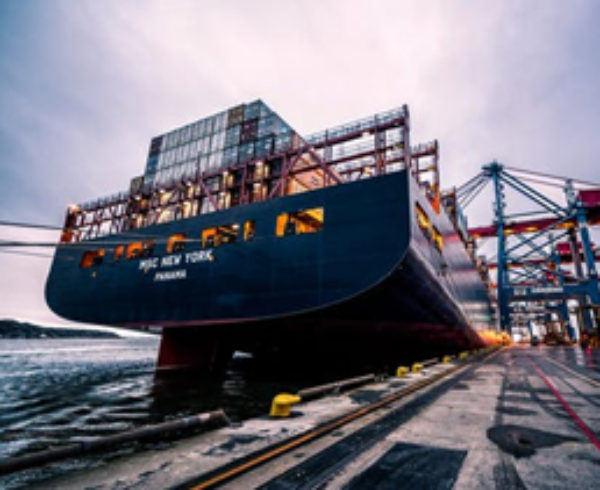
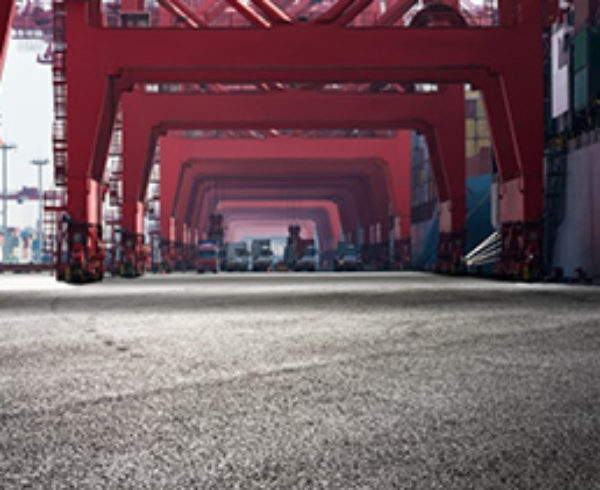
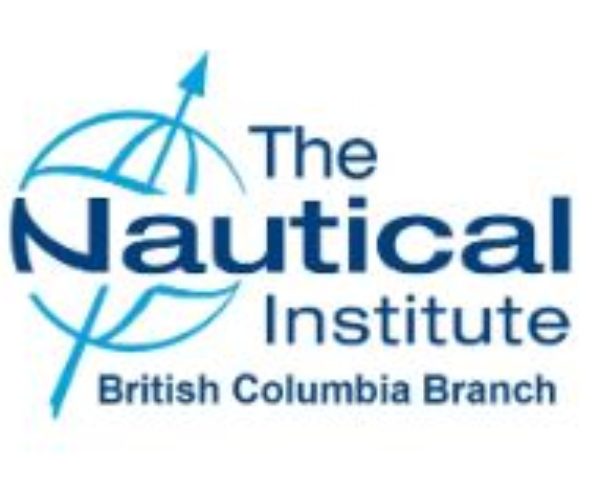
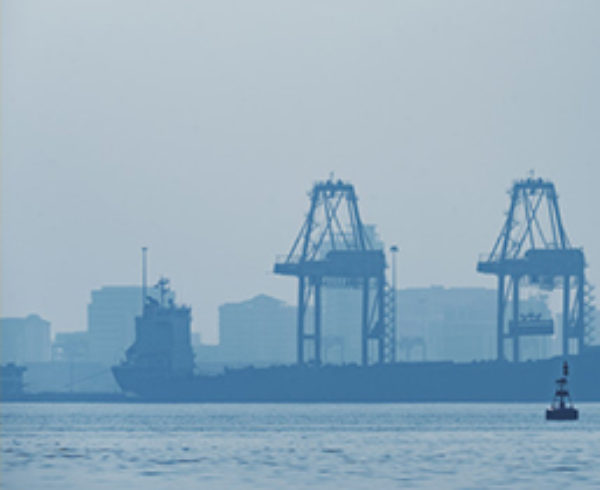
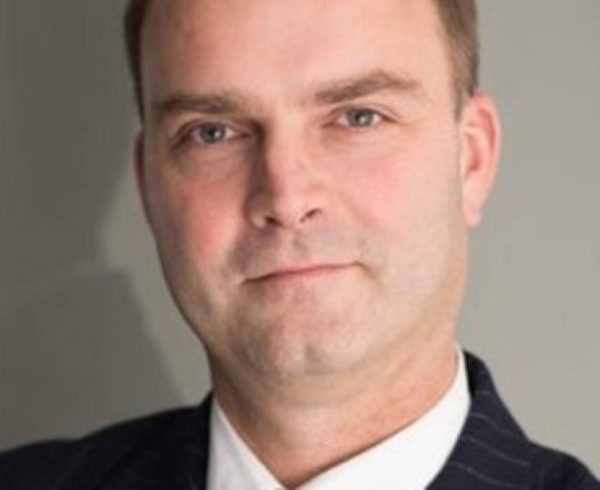
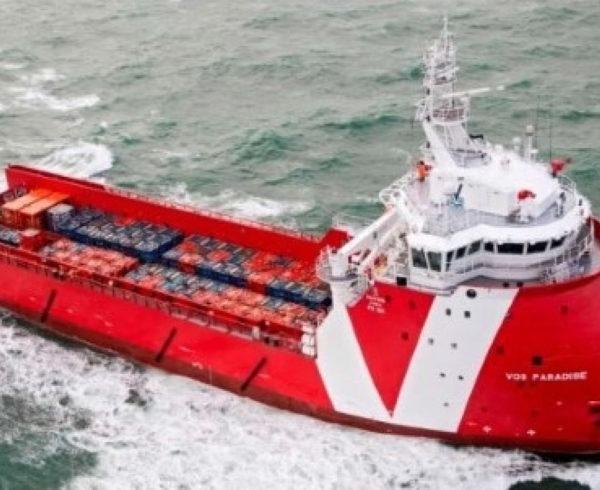
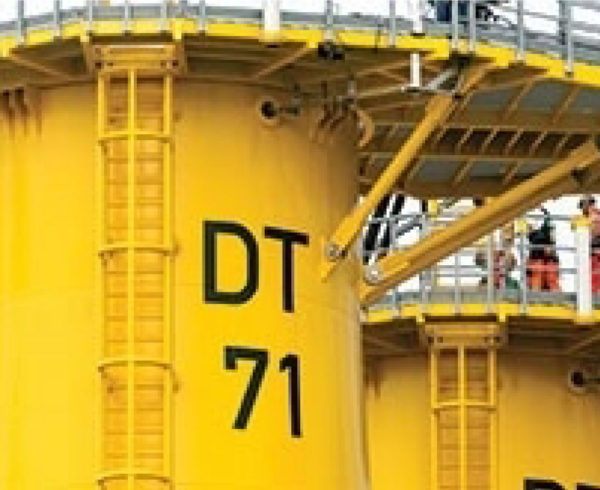
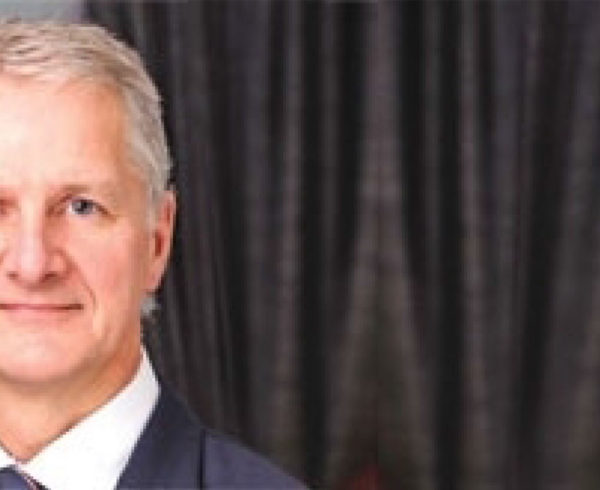

Leave a Comment